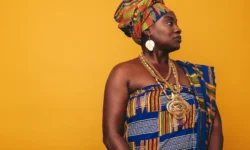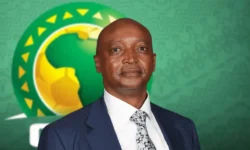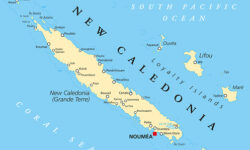South Sudan’s long-awaited general elections are now scheduled for December 2026, a delay from the original December 2024 timeline.
South Sudan’s long-awaited general elections are now planned for December 2026, marking a delay from the original December 2024 schedule. The postponement is attributed to insufficient preparations, including the need for a population census, a permanent constitution, and political party registration.
The delay, announced in June, extends the term of the transitional government led by President Salva Kiir, raising questions about whether the country will be ready for its first democratic elections.
Abendengo Akok, Chairman of the South Sudan National Election Commission, emphasized that political will and adequate funding are essential for successful elections. Akok stated, “If we are serious, two years will be enough for us to conduct the election.”
UNMISS Chief Nicholas Haysom warned that poorly managed elections could destabilize the country. He said, “Well-prepared elections, with trust-building as a priority, could transform a divisive process into nation-building,” calling for cooperation and unity among citizens.
South Sudan’s election date has been shadowed by delays. After gaining independence from Sudan in 2011, the country planned its first election for 2015, but an internal conflict erupted in 2013. A peace agreement between President Kiir and rival Riek Machar in 2018 paved the way for elections this year, but unresolved logistical and financial challenges led to further delays.
With only two years remaining, essential tasks like conducting a population census, preparing guidelines, and securing funding have not yet been completed. Gabriel Deng, Deputy Chair of the Election Commission, explained that preparations had stalled due to budget constraints.
Despite these obstacles, citizens like Wani Yusuf remain hopeful but skeptical. Yusuf said, “If elections have been postponed for so long, it’s hard to believe they will happen within two years.”
As South Sudan progresses towards its first democratic elections, the focus remains on overcoming logistical, financial, and political barriers to ensure stability and progress for the world’s youngest country.

















